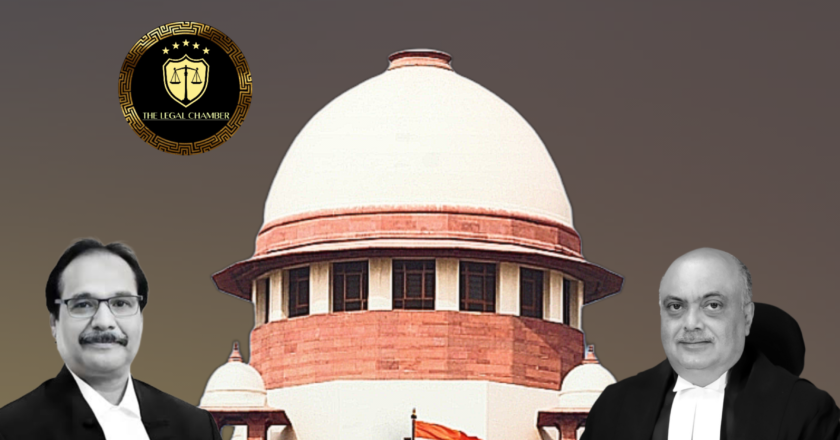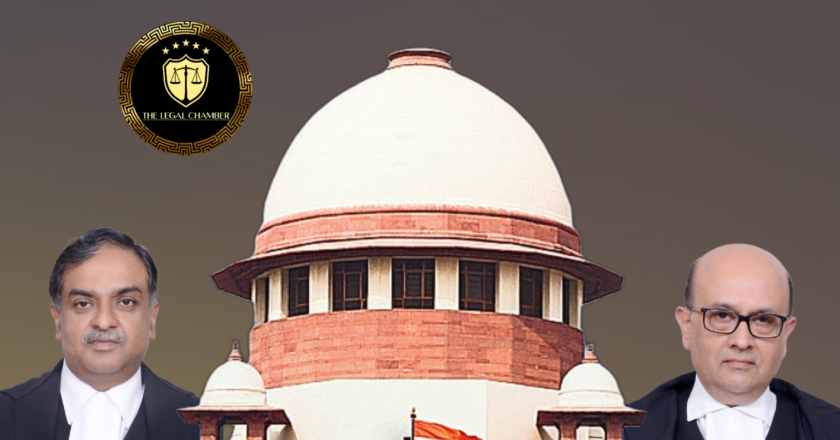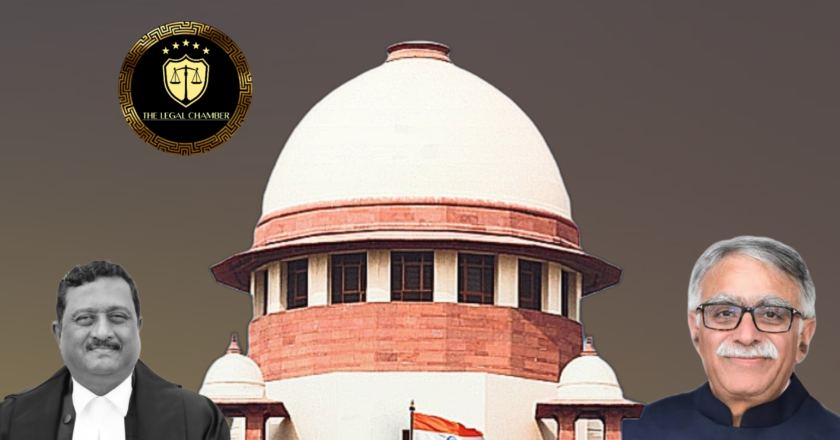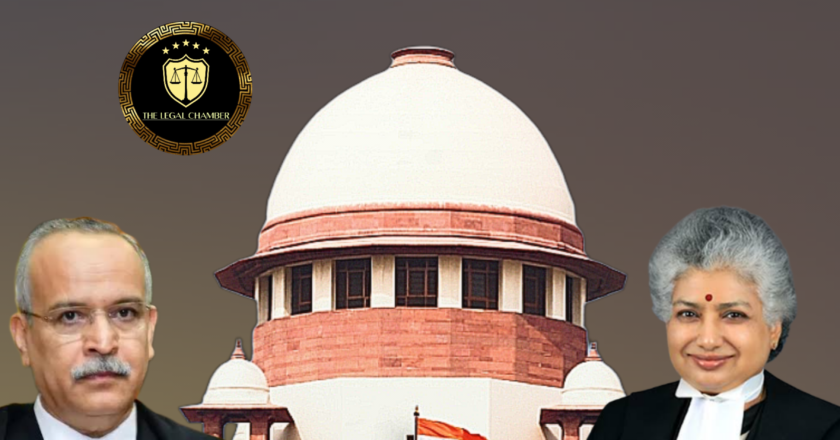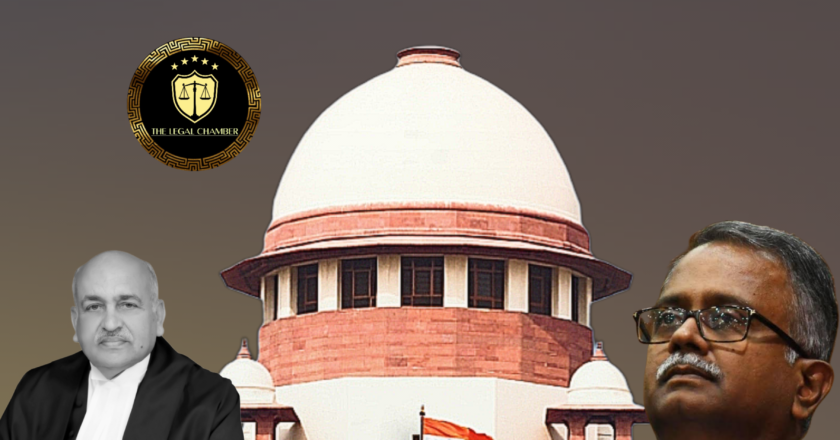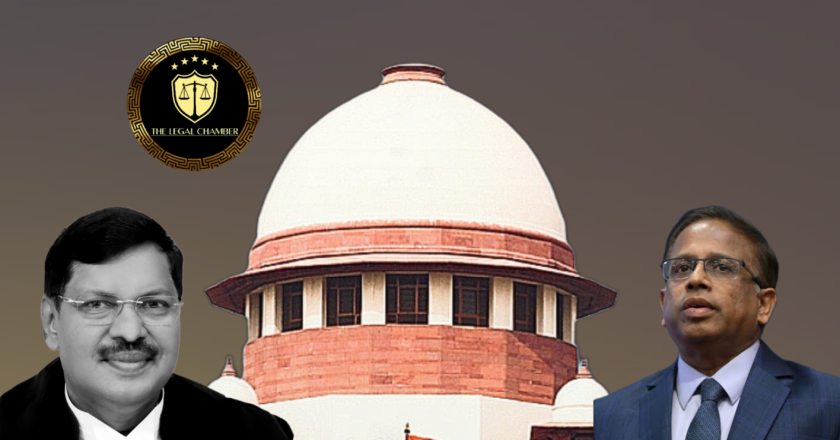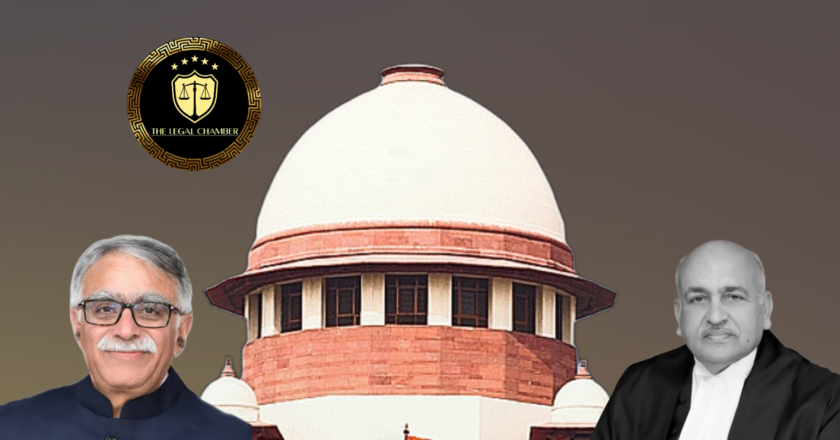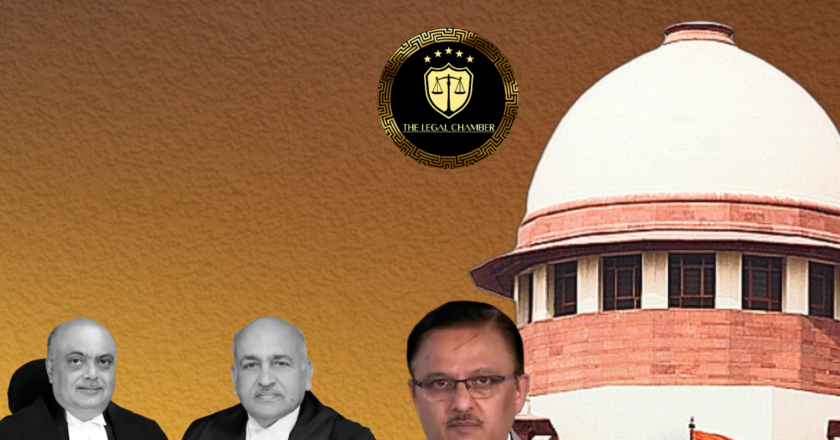Supreme Court Rules: Companies Can Also Be ‘Victims’ in Criminal Cases
The Supreme Court ruled that a company qualifies as a "victim" under Section 2(wa) CrPC if it suffers loss or injury due to an offence, entitling it to file an appeal against acquittal under the proviso to Section 372 CrPC. The Court clarified that such appeals are independent of Section 378 CrPC and need not be restricted to cases where the victim is the complainant. The judgment reinforces the expansive interpretation of "victim" to include corporations, ensuring their right to challenge wrongful acquittals in criminal cases involving infringement or fraud.
Facts Of The Case:
Asian Paints Limited, a leading paint manufacturer, discovered counterfeit products being sold under its brand name at a shop owned by Ram Babu in Jaipur. The company had authorized M/s Solution, an IPR consultanc...
